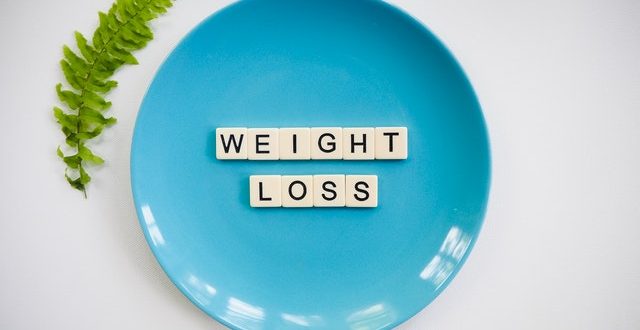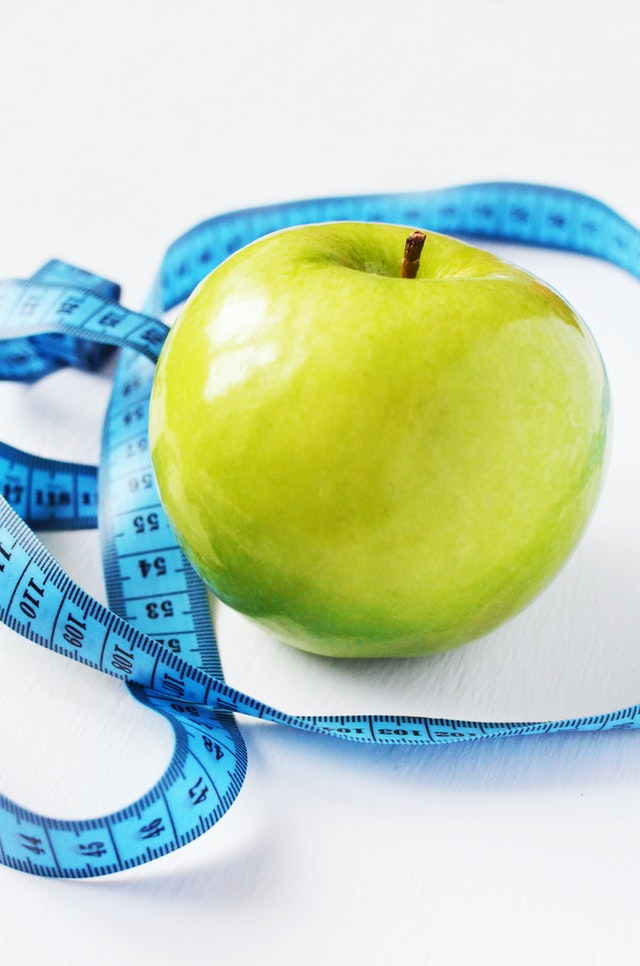This was going to be the year… the glorious breakthrough when you finally stopped procrastinating and making excuses for your poor health. The one that marks the achievement of your weight and fitness goals. The pandemic was actually going to give you the opportunity to get this done without feeling guilty for taking the time. After all, it’s your opportunity to regain your body confidence and reach new heights of self-belief.
However, something has gone wrong with that plan.
And it’s not like you haven’t been working hard. You’ve drastically reduced your caloric intake. You’re working out as much as you can from home. And since all the restaurants closed, you’ve been cooking a lot more at home. So, why are you still disappointed every time you step onto the scales? Why are you still not losing weight in line with your goals? Of course, not meeting your weight loss goals can be caused by many factors. Do visit your doctor to make sure there are no medical reasons holding you back. In the meantime, let’s take a look at some other potential reasons…
You’re Not Tracking Your Progress Efficiently
It’s possible that you are losing weight, you’re just failing to perceive your progress with a measurable method. It is also possible that you aren’t tracking the right things. Some women like to only look at the scales as a measurement of success. Though it certainly can be, there are situations where it can give a false sense of what is actually happening in your body.
I always use at least two methods of tracking when I set weight loss goals. Yes, I use a scale, but I also measure every part of my body with a tape measure. I like to take before photos as well, so I can really see the changes. Do also consider how your clothes are fitting, as this can be the biggest motivator and indication that you’re doing something right.
You’re Relying on Pre-packaged Foods
Even though you’re not getting as much takeout food or dining in restaurants under lockdown, you might still be making the wrong food choices. Indeed, when we browse the supermarket shelves there are all kinds of pre-packaged foods that are precision engineered to look healthy. But a closer look at the ingredients list reveals that they are actually packed with artificial colors and flavorings, as well as hidden sugar and salt. Heavily processed, prepackaged foods are often highly inflammatory and can not only impede your weight loss, but they can also increase your risk of a range of chronic diseases.
Try switching to a diet that consists exclusively of whole foods like veggies, nuts, grains, and unprocessed, lean proteins. A whole food diet that focuses mostly, or exclusively on plants is naturally anti-inflammatory and gives you the vitamins, minerals, fiber, and protein to keep you fit and healthy.
You’re Drinking too Much Alcohol
Alcohol dehydrates your body and slows your metabolism, while some alcoholic drinks (such as beer and white wine) are also highly caloric. If your diet is unimpeachable, but you end every day with a bottle of wine, you can’t hope to enjoy the same results you’d expect if you abstained. If alcohol is holding you back in more ways than just weight loss, now is the perfect time to turn things around. Perhaps, you can do some soul-searching to determine why the alcohol is important to you and what you’re getting out of it.
If things have gotten out of control, consider more intensive help, such as therapy or a rehab program. Checking into a rehab facility can give you the perfect fresh start while also getting the free time and guidance to give your health and fitness a boost. Worried about leaving your beloved pet at home? Can’t get a friend or family member to look after them? Fear not! There are pet friendly drug rehabs that will allow you to heal and grow with them by your side. One thing’s for sure, you’re not alone!
You’re Not Drinking Enough Water
Hydration is extremely important to all of your body’s metabolic processes. You wouldn’t expect your car to run at 100% efficiency without oil, and you can’t expect your body to be at its peak without water. So, make sure you’re drinking at least half your body weight in ounces a day. Not only will it assist in your weight loss, but it can also improve skin hydration and allow your body to better filter out toxins.
You’re Consuming too Many Empty Calories
Many of us assume that when we drastically reduce the number of calories we eat; weight loss is inevitable. And while this is true for some, it’s also something of an oversimplification. As well as counting calories, you also need to consider the nutritional content of the food you eat. For example, an egg and a can of soda have roughly the same number of calories. But nobody would argue that they’re nutritionally similar. It doesn’t matter that you’re eating fewer calories if you’re eating empty calories that don’t satisfy your nutritional needs.
You’re Not Getting Enough Protein
Protein is extremely important for weight loss, as it helps to build lean muscle mass, boost metabolism, and regulate your appetite and hormones. Veggie or vegan? Make sure you’re getting plenty of plant-based protein like chickpeas, soybeans, broccoli, tofu, tempeh, and seitan. It’s important to know how much protein you need based on your body composition, age, and lifestyle. I recommend that you consult your healthcare provider, dietician, nutritionist, or another weight-loss expert to help you calculate this.
You’re Getting Bored with Workouts
Finally, if your workouts are boring, you’re much less likely to stick to them with the same veracity. Be sure to switch up your exercise regimen at least every 4-6 weeks. This will prevent you from subconsciously coasting through your workouts and ensure that your muscles are fully engaged. I like to use various workout videos to supplement my fitness routine when I need a boost of motivation. The new exercises can help to reengage lazy muscles and invigorate your attitude about your goals.
**** This post is strictly informational and is not meant to replace the advice of your healthcare provider. Women’s lifelink, it’s owners, administrators, contributors, affiliates, vendors, authors, and editors do not claim that this information will diagnose, treat, or improve any condition or disease.
 Women's Life Link Be Well, Be Happy, Be YOU!
Women's Life Link Be Well, Be Happy, Be YOU!






